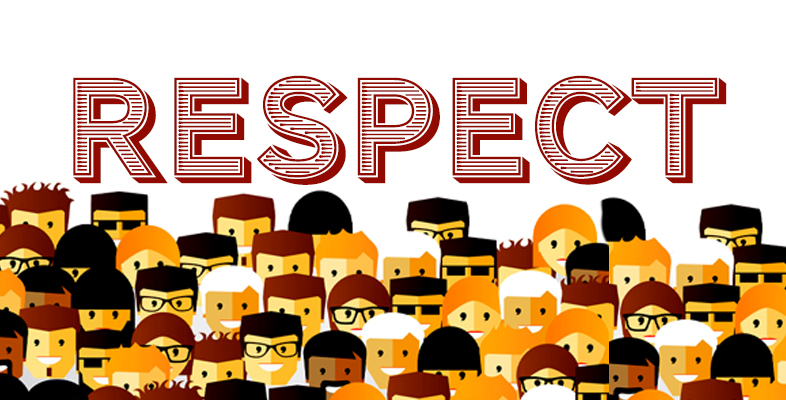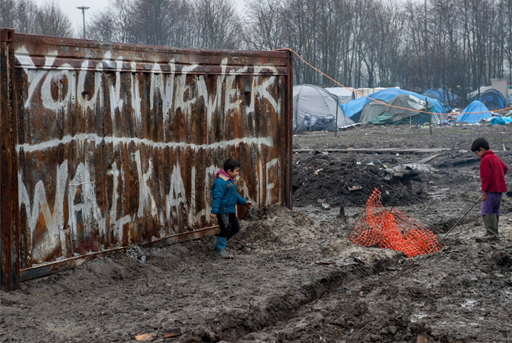2.1 Children and young people as research partners
Teams and research partners do not only have to consist of colleagues and peers; participatory research is one methodology that involves you working alongside your participants. Children can also be researchers, and they can be trained to collect and analyse data; in other words, to participate. In Session 4, you looked at different levels of involvement of child participants, from very little or token representation through to full participation.
Giving children and young people a voice is part of global initiatives to improve children’s lives. The United Nations Convention on the Rights of the Child (UNCRC) sets out the principles of child rights and the need to afford them dignity.
United Nations Convention on the Rights of the Child Article 13
The child shall have the right to freedom of expression; this right shall include freedom to seek, receive and impart information and ideas of all kinds, regardless of frontiers, either orally, in writing or in print, in the form of art, or through any other media of the child's choice. (United Nations, 1989)
Alderson and Morrow (2020) write about ethical considerations when working with children. This includes acknowledging differences of power and differences in resources. This might affect how you invite a child into a participative research project – what you might say to them, promise them, ask them and how you might behave with them. These considerations relate to the ideas of virtues and vices at the start of this session and, in particular, the importance of sincerity and humility.
Before you read the following case study about an international, longitudinal research project tracking children living in poverty, complete Part A of Activity 3 and then use Part B to reflect on the ethical issues the case study raises.
Activity 3 Using financial incentives in participatory research
Part A
Before you read Case study 5.1, refer back to Activity 1 and decide on your view about the use of payment to research participants:
- Would you pay a research participant? Why or why not?
- Do you have any experience of paying for participation or being paid as a participant? If so, how did this make you feel?
- Is it ethical or could it be ethical in some circumstances?
Case study 5.1 Financial incentives in participatory research: Young Lives
Based in Oxford, UK, Young Lives undertook research on child poverty with 12,000 children over 15 years in Ethiopia, India, Peru and Vietnam (2002–17).
The research team in each country approached payment in ways that reflected cultural contexts about the value of people’s time, their willingness to help with research ‘for the common good’, their poverty and not having to miss a day’s wages to spend time talking to researchers. Norms of reciprocity and community and/or expectations of needing to obey the government affected people’s participation, and payments were offered to compensate for their contributions and the imposition on them.
In Ethiopia, children were encouraged to use the money they received for participating in the research to buy school materials. Families living in extreme poverty at first perceived Young Lives as an aid agency giving out practical help and money. Later, researchers were careful to explain that the research ‘project’ does not provide any aid to communities or individuals (Tafere et al., 2009).
In Peru, researchers gave small gifts to participants as a ‘thank you’, as well as some supplies to local schools.
In India, research teams also provided some resources to schools, as requested by local community leaders, to benefit all the local children and, up to 2009, they did not directly pay the participants. However, some participants thought it was unfair that that they did not receive payment for their time when it was given to benefit everyone in the community (Morrow, 2009).
Source of case study: The Ethics of Research with Young People, Anderson & Morrow (2020) adapted from pp 76/77
Activity 3 Using financial incentives in participatory research continued
Part B
Choose one or more prompts to reflect on and, if you wish, share a short post with your response on the course forum [Tip: hold Ctrl and click a link to open it in a new tab. (Hide tip)] .
- After reading the Young Lives case study, have you changed your mind about the ethics of payment? Why might this be beneficial?
- Why might payment for participation of vulnerable children be misinterpreted?
- How should researchers anticipate and compensate for differences in power when working with young people?
- How can understanding intercultural views on reciprocity support ethical practice?
Consider how the researchers revised their strategies in response to the challenge that arose. The researchers felt their study about poverty might be making the participants poorer. As a result, they reframed the payment as an economic opportunity to recompense the cost of time lost and as payment in kind, which resolved their ethical dilemma about paying for participation.
Visit the Young Lives website (open the link in a new tab/window) to find out more about their work, including publications, research films and their approach to ethics.

